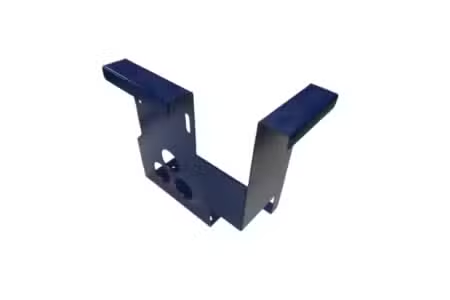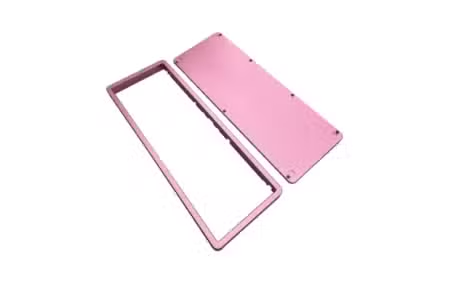Sheet Metal
Fabrication
- Wide range within 0.3mm-20mm
- Lead time as fast as 1 day
- Dedicated sheet metal fabrication shop
Sheet Metal
Fabrication Capabilities
Sheet Metal Materials

High machinability and ductility. Aluminum alloys have good strength-to-weight ratio, high thermal and electrical conductivity, low density and natural corrosion resistance.

Iron is an indispensable metal in the industrial sector. Iron is alloyed with a small amount of carbon – steel, which is not easily demagnetized after magnetization and is an excellent hard magnetic material, as well as an important industrial material, and is also used as the main raw material for artificial magnetism.

Steel is a strong, versatile, and durable alloy of iron and carbon. Steel is strong and durable. High tensile strength, corrosion resistance heat and fire resistance, easily molded and formed. Its applications range from construction materials and structural components to automotive and aerospace components.
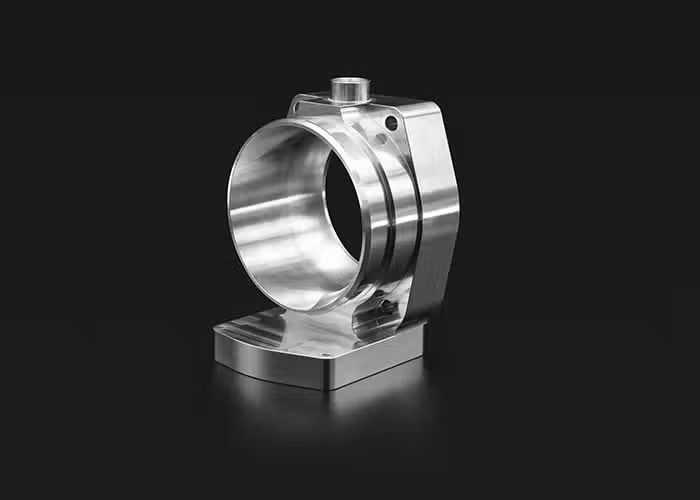
Stainless steel alloys have high strength, ductility, wear and corrosion resistance. They can be easily welded, machined and polished. The hardness and the cost of stainless steel is higher than that of aluminum alloy.

Highly resistant to seawater corrosion. The material’s mechanical properties are inferior to many other machinable metals, making it best for low-stress components produced by CNC machining.

Brass is mechanically stronger and lower-friction metal properties make CNC machining brass ideal for mechanical applications that also require corrosion resistance such as those encountered in the marine industry.

Few metals have the electric conductivity that copper has when it comes to CNC milling materials. The material’s high corrosion resistance aids in preventing rust, and its thermal conductivity features facilitate CNC machining shaping.
Surface Finishing for Sheet Metal Parts
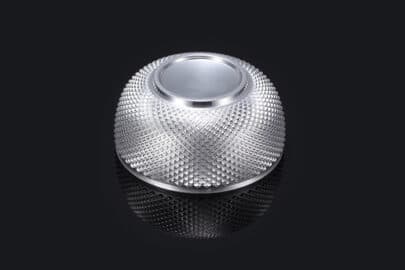
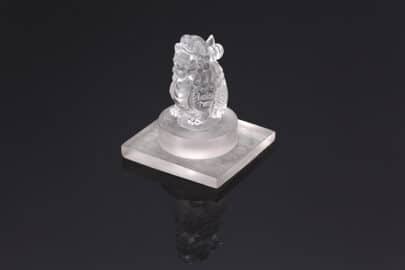


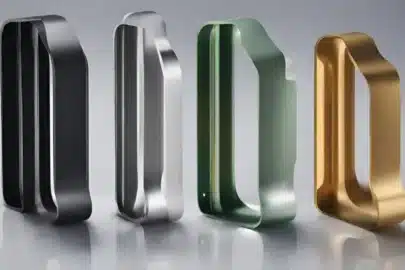
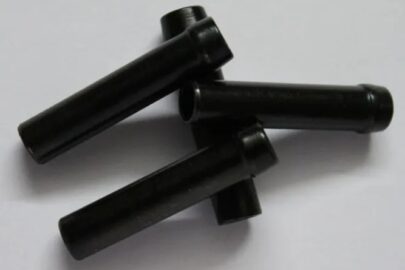
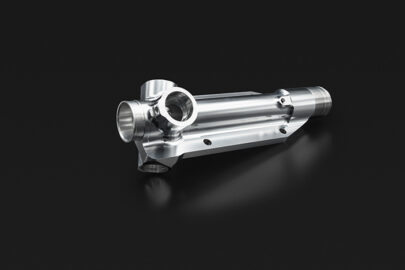
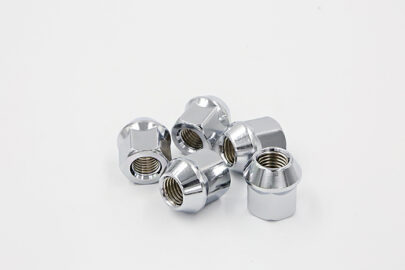
Why Zintilon for Sheet Metal
Fabrication Service
1-to-1 Quote Analysis
Just upload your 2D drawings or 3D models and you will get quote feedback in 24 hours. Our specialized engineers will analyze your design to avoid misunderstanding, communicate with you and offer an affordable price.
High Quality Production Parts
The responsible and rigorous attitude towards materials, fabrication technique, surface finishing and CMM testing guarantee the consistent quality from prototyping to production parts. We won’t bother to check the parts quality before delivery.
Fast Lead Time
The introduce of advanced sheet metal fabrication equipment such as laser cutter, metal bender and professional quoters ensure the fast lead time. We set the priority for the arrangement of the order according to the requirements and order complexity.
Instant Communication
For the sake of your benefits, every customer will have technical support to get in touch with us from quotation to delivery. You will get instant feedback for any question until it’s confirmed that you receive the satisfied parts.
Sheet Metal Fabrication
Tolerances and Standards
Standards
Geometric tolerance
Linear tolerance
Applications of Sheet Metal
Fabrication Services
Sheet Metal Fabrication FAQs
to Sheet Metal Fabrication
Precision Sheet Metal Fabrication
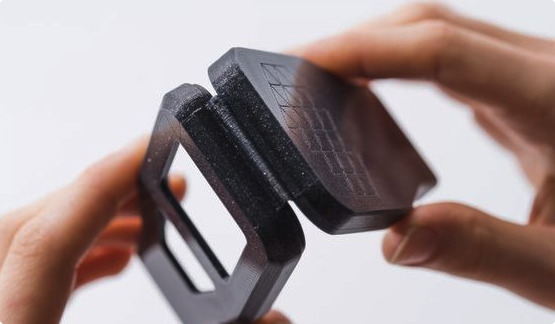
Prototyping
- Advanced Technology: sheet metal, CMM inspection, elite engineers etc.
- Quick Response: full support to ensure problem solved.
- Customized service: customize precision fabrication solutions
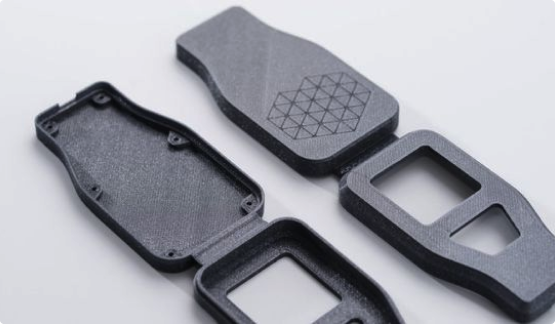
Production
- Reasonable planning: precision resource allocation to ensure quick cycle time.
- Fabrication SOP : advanced technology and strict QC processes.
- Flexible Production: from rapid prototyping (1-20pcs) to low-volume production (20-1000pcs).

